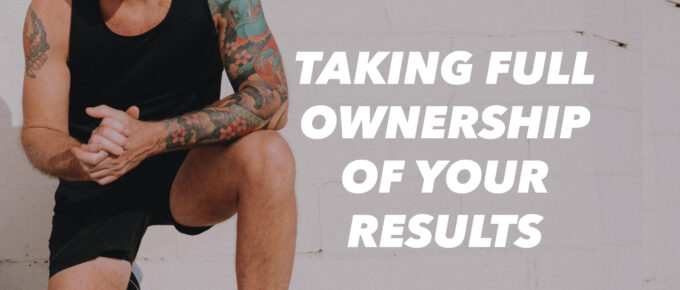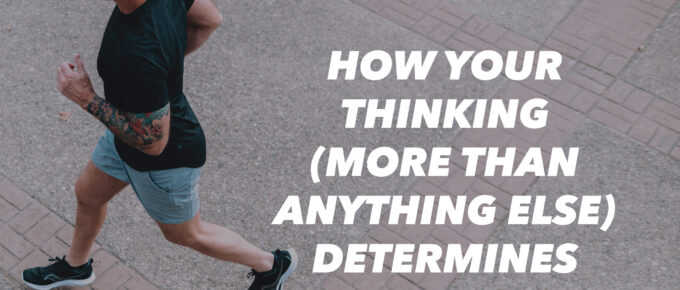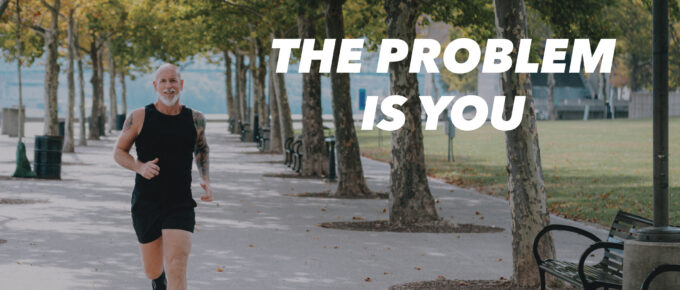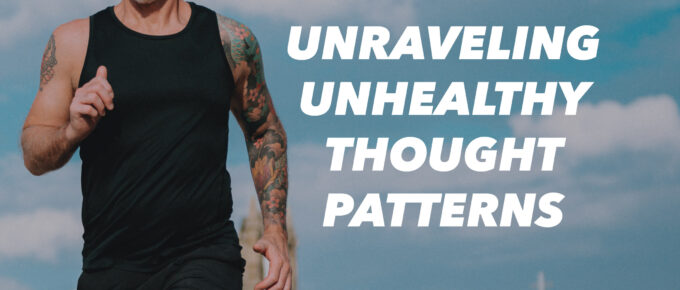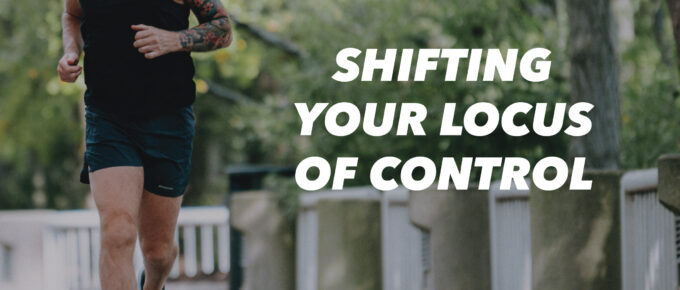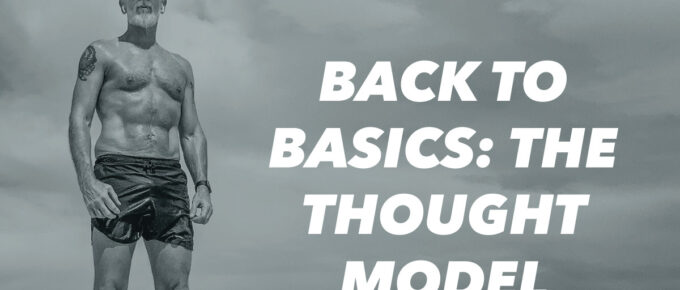If you’re a runner trying to lose weight but keep hitting roadblocks, I’ve got news for you—your results are 100% your responsibility. No more blaming bad genetics, lack of time, or anything …
Continue Reading about 274. Taking Full Ownership of Your Results →

